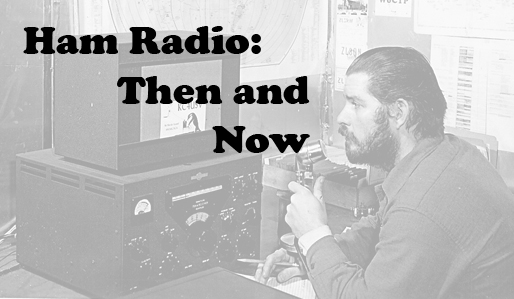Free serviceHam radio operator recalls volunteering to help Navy with Antarctic communicationsPosted January 30, 2009
Robert Beaudet, call sign W1YRC, was a young married civilian living in Rhode Island when the local naval base issued a request for amateur ham radio operators to help communicate with personnel stationed in Antarctica. T The Navy was short on radio operators, so about two dozen local operators signed up to work 10-hour shifts, manning the powerful high-frequency radios on the base, patching through phone calls for the deployed servicemen. And hams always provide their service for free. That is part of their FCC regulations. Beaudet recalls: “My shift was every Friday, 6 p.m. to 4 a.m. I’d get a call from someone in Antarctica to put through a phone call to his wife or girlfriend. I’d dial the number. Some calls were real short, ‘Hi, I made it. Everything is OK. I’ll call you later.’ “And some were real long. They would talk to their wife, then to each of the kids, then to grandma and grandpa, and then they’d want to hear the dog bark. It would just depend. You know, when you’re away from home like that, it isn’t so much what you have to say as the fact that ‘home’ wants to hear your voice and you want to hear their voices. “It really meant a lot. It was a connection for these men to have with home. Ham radio was a No. 1 priority for men in the military up through the Vietnam War. After that, it began to fall out of use because it was easier to place direct phone calls from remote locations.” The men who spent the first winter at the South Pole in 1957 probably never imagined that it is now possible to be driving down a freeway in the United States and receive a call on your cell phone from the South Pole. |



For USAP Participants |
For The Public |
For Researchers and EducatorsContact UsU.S. National Science FoundationOffice of Polar Programs Geosciences Directorate 2415 Eisenhower Avenue, Suite W7100 Alexandria, VA 22314 Sign up for the NSF Office of Polar Programs newsletter and events. Feedback Form |


